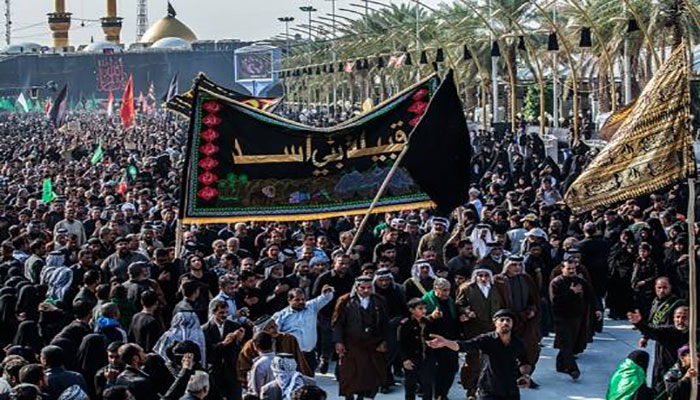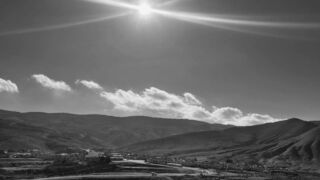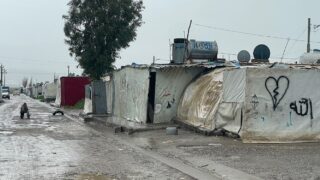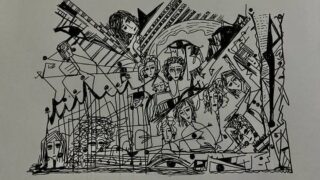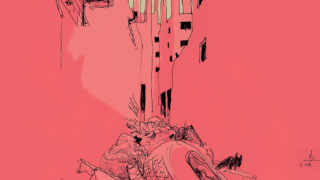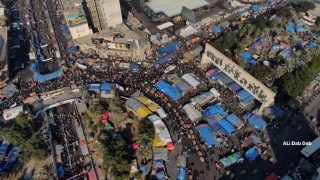Muharram is different in Iraq this Year
A third of the country is under the control of ISIS; austerity is looming due to the fall of oil prices and budget deficit crisis; nearly two million people are displaced, more than half of whom are enduring the winter cold in the camps; and political disputes still dominate the country.
Thus, even before the beginning of Muharram, the first month of the Islamic
2015-03-20
Writer and journalist from Iraq
|
ar
A third of the country is under the control of ISIS; austerity is looming due to the fall of oil prices and budget deficit crisis; nearly two million people are displaced, more than half of whom are enduring the winter cold in the camps; and political disputes still dominate the country.
Thus, even before the beginning of Muharram, the first month of the Islamic calendar, activists called on those running the Husseini parades and cooking on the streets to do something else: rather than wasting the money on food that will be distributed to households, spend it to help the displaced handle the hunger and cold. This became especially pressing after the U.N. had cut its aid to the displaced and corruption allegations had surfaced in regards to the Iraqi government’s distribution of food and money to the displaced. Activists’ pleas, though, have not been met.
This year has also witnessed vocal resentment expressed by Iraqi social media users particularly following a series of scandals involving officials: while Basra’s streets and buildings were flooded with rain, its governor was busy pandering for the support of Ayatollah Sistani; while his nephew was involved in kidnapping crimes, the Iraqi Transport Minister was beating his chest in mourning ceremonies; and as the extent of the “phantom” civilian and military employees scandal involving the Iraqi government was revealed, then-Prime Minister Nouri al-Maliki was hobbling from one procession to another.
Within hours, their homeland turned into a ghost town. Women were transformed into commodities traded in slave markets, men were rendered into skeletons jumbled in mass graves, and children were...
Fatima was denied even the dignity of death, though it circled close, its breath thick with the dust of earth. She was abducted by ISIS fighters at the age of...
Some of these women have spent more than a decade in the camp. It’s where they grew up and where they went to school. This life has shaped how they...
Informal settlements in Baghdad did not develop in one specific form. Some were built on plots of land without title deeds; 98% of which are state-owned and 2% are private...
As soon as the protests took off, thousands of young people gathered in Tahrir Square in Baghdad, echoing countless concerns and questions. The desperate, the unemployed, the infuriated with families...
In 2011, the Ministry of Planning released a report entitled “Maps of Deprivation in Iraq”; in it, the Iraqi population was divided into a different groups depending on their relationship...

